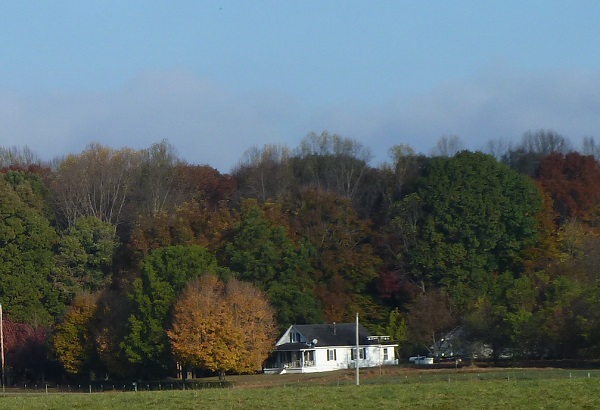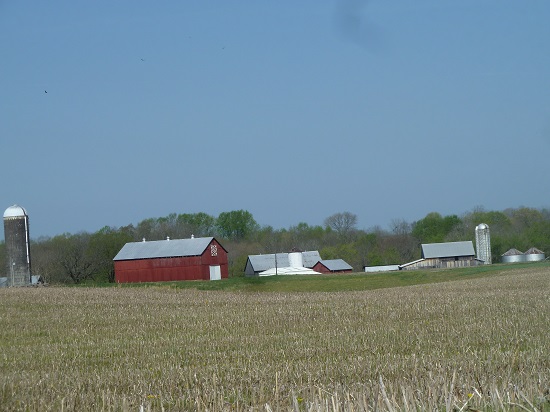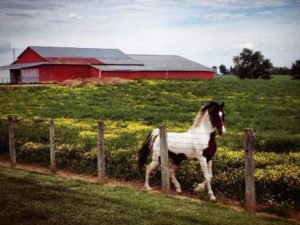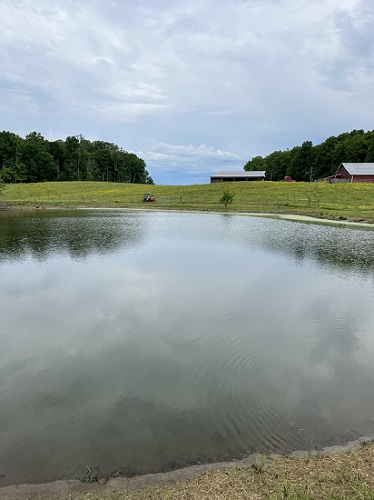Dirt-poor
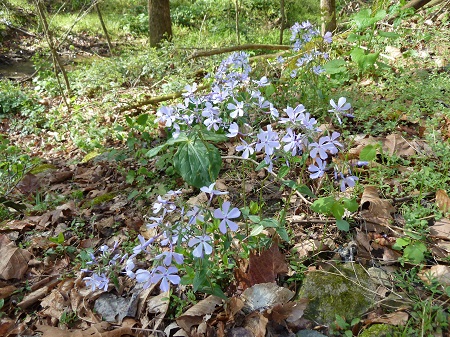 Although I did not know it, our family was close to dirt-poor during my early childhood. In addition to our share of my grandparents’ farm, Dad bought surrounding farmland.
Although I did not know it, our family was close to dirt-poor during my early childhood. In addition to our share of my grandparents’ farm, Dad bought surrounding farmland.
Dirt-poor means extremely poor.
Since we had the basics for survival, we were not extremely poor. However, we had little cash and few luxuries.
Yet, who needed luxuries? The farm provided:
- Woods and fields to explore
- A large yard for play
- Animals, a garden, and an orchard for food and milk
We also enjoyed lots of books (We were book poor too!), games, and family time.
Our financial resources grew over the years, but I would take nothing for those early lean years.
Rather than dirt poor, many families today are house poor.
They may not have much land, but they buy large houses with large mortgages to match. Like our young family, that leaves them little extra money.
Evidence fails to support a popular internet story that dirt poor relates to dirt floors.
Although it makes an interesting story, it offers no proof.
Financial wealth holds no eternal importance.
If all we do is hoard our money, it does no good. Remember, you can’t take it with you when you die.
Whether poor as a church mouse or filthy rich, let’s use the resources we have to make our world a better place.
“Defend the weak and the fatherless; uphold the cause of the poor and the oppressed” (Psalm 82:3 NIV).
Thanks to Gail Gosser for the suggestion.
Do you have an expression you want explained or a thought about this one? If so, please comment below.
Subscribe to receive my weekly posts by email and receive a free copy of “Words of Hope for Days that Hurt.”
If you enjoyed this post, please share it with your friends.
